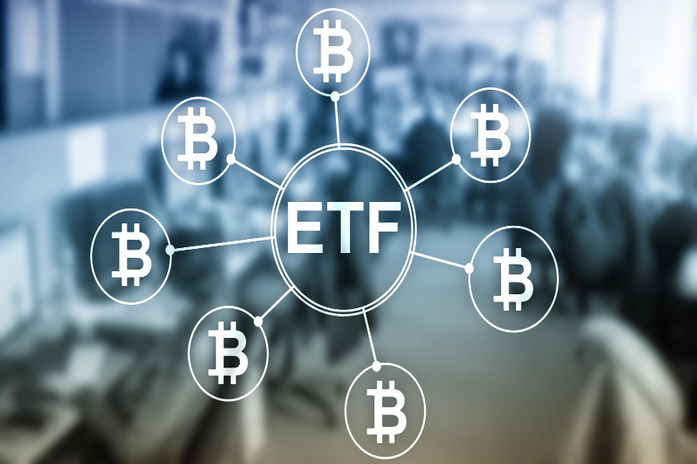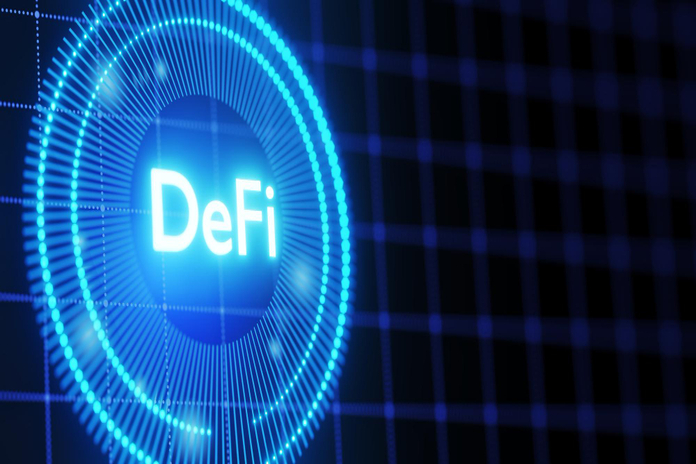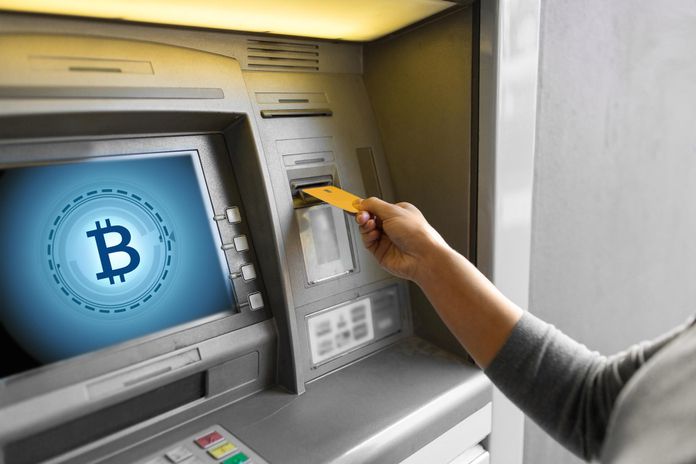Robinhood to Pay $3.9M in Crypto Withdrawal Settlement

Robinhood Markets, Inc. (NASDAQ:HOOD) has agreed to pay a $3.9 million settlement to resolve claims related to its cryptocurrency platform. The California Department of Justice reached this decision after allegations that Robinhood’s crypto platform prevented customers from withdrawing their cryptocurrency assets between 2018 and 2022. This settlement underscores the growing scrutiny surrounding crypto platforms and emphasizes the importance of consumer protection in the digital asset space.
Allegations of Crypto Withdrawal Failures
The Robinhood crypto settlement centers on accusations that the company violated California law by restricting users from withdrawing cryptocurrency assets from their accounts. According to California Attorney General Rob Bonta, Robinhood failed to deliver the cryptocurrencies that its customers had purchased, forcing users to sell their assets in order to exit the platform.
This issue came to light after several years of customer complaints, with many users alleging they were misled about where their crypto assets were held. Robinhood’s platform had promised competitive pricing by connecting users to multiple trading venues, but the company allegedly failed to fulfill these commitments. The Robinhood crypto settlement is aimed at addressing these concerns and providing relief to affected customers.
Settlement Terms and Impact on Users
As part of the settlement, Robinhood is required to make significant changes to its platform. These include ensuring that customers can withdraw their cryptocurrency assets to external wallets and adhering to the platform’s advertised trading and order handling practices. The Robinhood crypto settlement sends a strong message that companies in the digital asset space must adhere to consumer protection laws, just like traditional financial institutions.
Attorney General Bonta stated, “Whether you’re a brick-and-mortar store or a cryptocurrency company, you must adhere to California’s consumer and investor protection laws.” This settlement represents a clear warning to other crypto firms operating in the state.
While Robinhood did not admit or deny the allegations, its general counsel, Lucas Moskowitz, expressed relief that the matter is resolved. “We are pleased to put this matter behind us. The settlement fully resolves the Attorney General’s concerns related to historical practices, and we look forward to continuing to make crypto more accessible and affordable to everyone,” Moskowitz said.
Financial Impact on Robinhood
Despite the settlement, Robinhood’s stock has performed relatively well in recent months. Over the past six months, shares of Robinhood (NASDAQ:HOOD) have risen by 16.5%, outperforming the industry’s average growth of 10.3%. The company’s forward momentum in making cryptocurrency more accessible appears to have bolstered investor confidence, even as it navigates regulatory challenges.
Currently, Robinhood carries a Zacks Rank #2, indicating strong potential for future growth. The company’s ability to resolve legal disputes while maintaining user growth and financial stability has positioned it favorably in the industry.
Financial Misconduct Beyond Robinhood
The Robinhood crypto settlement is not the only example of financial misconduct in the industry. Recently, the Commodity Futures Trading Commission ordered The Bank of New York Mellon Corporation (NYSE:BK) to pay a $5 million civil penalty for failing to report millions of swap transactions, a violation of a previous CFTC order. This failure to supervise its swap dealer business between 2018 and 2023 highlighted ongoing challenges in the financial sector regarding compliance and transparency.
BNY Mellon agreed to retain an independent compliance consultant to oversee improvements in its reporting and supervision processes, further demonstrating the regulatory crackdown on improper financial practices. Similar enforcement actions have been taken against major banks like JPMorgan (NYSE:JPM) and Citigroup (NYSE:C), as the CFTC continues to investigate non-disclosure agreements and other compliance issues in the swaps and clearing businesses.
The Broader Implications of the Robinhood Crypto Settlement
The Robinhood crypto settlement serves as a reminder that cryptocurrency platforms must comply with the same legal standards as traditional financial institutions. As digital asset markets grow, regulators are placing increasing scrutiny on companies like Robinhood to ensure that consumer rights are protected.
For Robinhood users, the settlement means enhanced transparency and a more reliable process for withdrawing crypto assets. While the $3.9 million penalty may seem relatively small compared to the platform’s size and valuation, it signals a larger trend of regulatory oversight in the crypto space.
As the industry evolves, companies like Robinhood will need to prioritize compliance to avoid further legal entanglements. For now, the settlement marks a step forward in addressing the grievances of its users while reinforcing the importance of consumer protection in cryptocurrency trading.
Featured Image: Freepik




